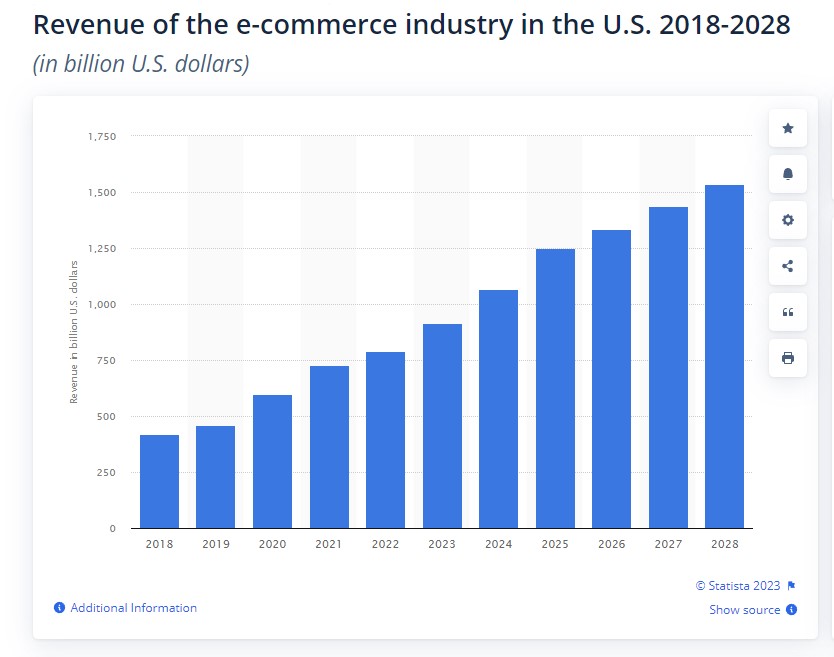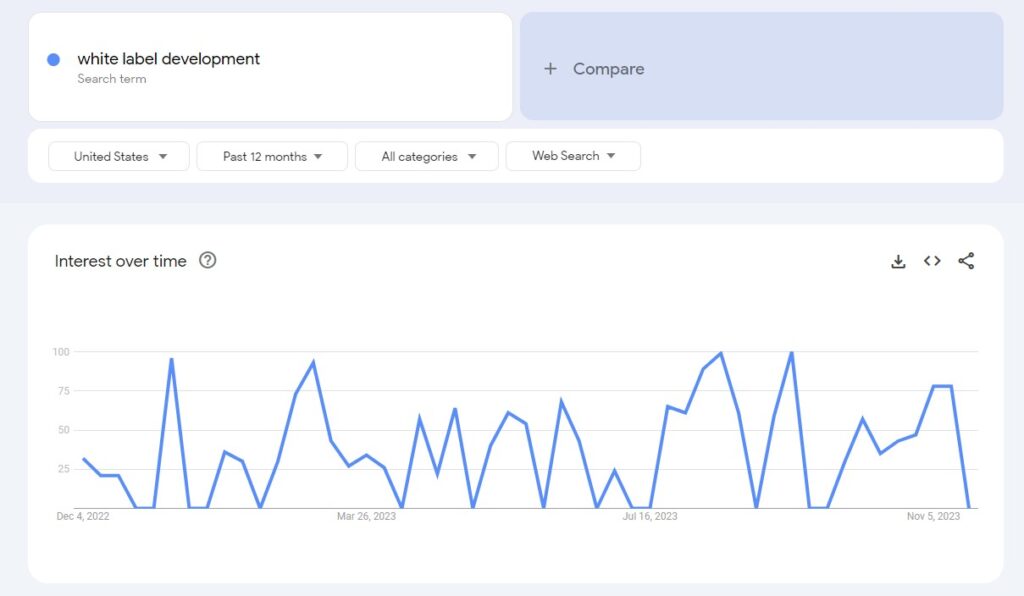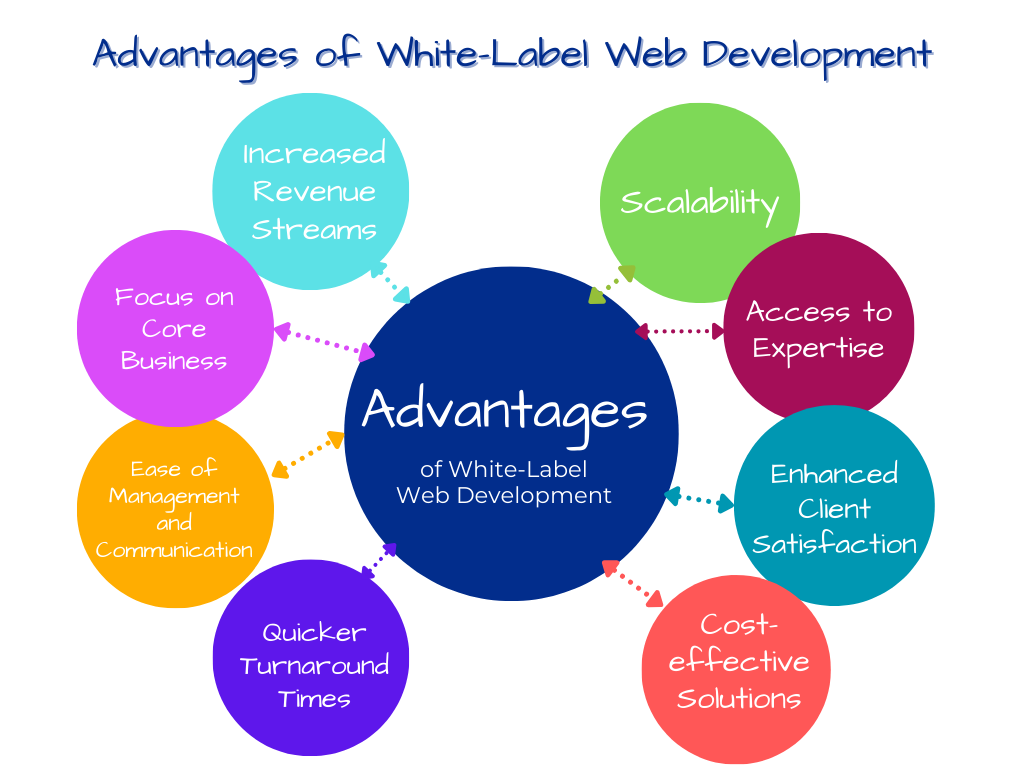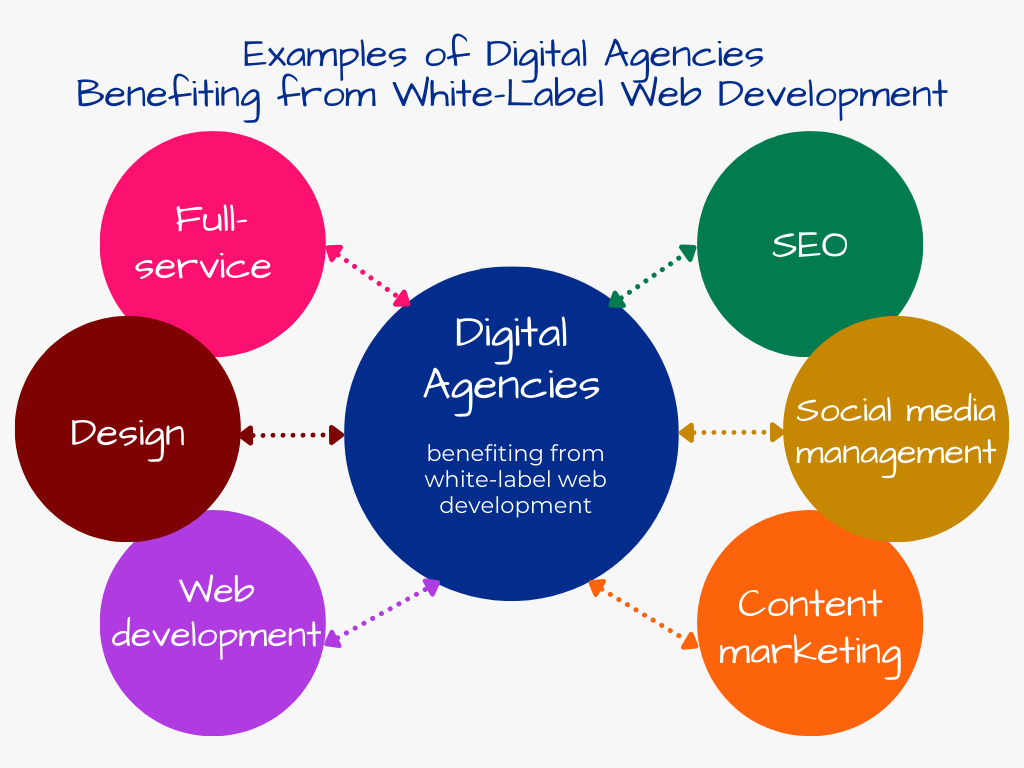By Victoria Sopachova
In the hyper-connected, digital-first world today, agencies face an ever-evolving landscape. Clients are constantly demanding innovative solutions, and the competition is nothing less than fierce. Amidst this, an overlooked yet potent strategy for agencies is the utilization of white-label web development.
White-label web development offers a pathway for digital agencies to broaden their service offerings without the overhead of developing in-house capabilities. It allows them to deliver high-quality, customized digital solutions to clients, under their own brand.
This post will delve into the power of white-label web development for digital agencies, providing insights into how it can unlock new revenue streams, improve client retention, and create a unique selling proposition in an increasingly crowded marketplace.
Understanding White-Label Services
In essence, white-label services are products or services produced by one company and then rebranded by another company for its own use or distribution. The term “white-label” draws from an old music industry practice where vinyl records were sent to radio stations in white sleeves, with no branding or labels. The DJs would then put their own stamp on the records, much like companies today put their brand on white-label products or services.
White-Label Web Development Explained
White-label web development follows this same concept. A third-party company develops a website or creates digital solutions, which are then rebranded and resold by the digital agency to its clients. The process typically involves the digital agency briefing the white-label service provider with the client’s requirements. Thereafter, the service provider works behind the scenes to create a product that meets these specifications, which the agency then presents to the client under its own branding.
For instance, the e-commerce industry is steadily growing, and, according to Statista, only in the United States the revenue in the E-commerce market in the United States was forecast to continuously increase between 2023 and 2028 by in total 619.7 billion U.S. dollars (+67.75 percent). After the tenth consecutive increasing year, the indicator is estimated to reach 1.5 trillion U.S. dollars and therefore a new peak in 2028.

The proliferation of e-commerce on a global scale is undeniably revolutionizing how businesses operate and consumers shop. As consumers increasingly shift towards online purchasing, the demand for high-performing, user-friendly websites is growing at an unprecedented rate. Businesses need sophisticated digital storefronts to cater to a global customer base, making website development a fundamental need for any business vying for success in the digital space.
Thus, an agency might take on a client who wants a highly interactive e-commerce website, but the agency doesn’t have the requisite coding skills in-house. Instead of turning away the business, the agency can partner with a white-label web development company. The white-label company would create the website, and the agency would sell it to the client under its own brand. The client receives a high-quality product tailor-made to their requirements, and the agency earns revenue and client trust without having to develop the complex skillset in-house.
Advantages of White-Label Web Development
In the dynamic world of digital agencies, white-label web development brings an array of benefits, addressing several pain points typical to the industry. Google Trends shows the constant demand for white-label during the past 12 months.

Let’s look at the advantages of white-label website development.

Scalability Advantages
Adopting a white-label approach to web development empowers digital agencies to scale their operations effectively. Rather than investing in in-house teams for every potential project, agencies can rely on the expertise of white-label service providers. This strategy ensures they can take on large or complex projects without worrying about the availability or skill level of their in-house team. For instance, during the holiday season when eCommerce businesses often need to update their website, an agency can quickly scale up by leveraging their white-label partner, ensuring they meet the increased demand.
Access to Expert and Specialized Talent
By partnering with white-label web development providers, agencies gain access to a vast pool of expert and specialized talent in website coding. These service providers often have teams proficient in multiple programming languages, user experience design, and the latest web development frameworks. Instead of spending time recruiting and training a diverse in-house team, agencies can simply tap into this ready-made talent pool, ensuring they can deliver a wide range of solutions for their clients.
Enhanced Client Satisfaction
White-label solutions can significantly enhance client satisfaction. The agency can deliver high-quality, tailor-made digital solutions faster, providing a better experience to the client and thus making the client’s business more competitive. Moreover, the client’s trust in the agency strengthens, as they see the agency as a one-stop-shop for all their digital needs.
A particularly noteworthy service that many white-label web development agencies offer is the conversion of custom designs from PSD to HTML. This process involves taking a design – typically in Adobe Photoshop Document (PSD) format – and converting it into a fully functional, cross-browser compatible website using HTML and CSS. This allows agencies to deliver custom-built websites that perfectly match their clients’ unique design specifications, thereby further enhancing client satisfaction and trust. Thus, the capability to convert custom designs from PSD to HTML is a vital tool in the arsenal of any agency partnering with a white-label web development provider.
Cost-effective Solutions
White-label web development can also be a cost-effective solution for many agencies. Instead of investing significantly in developing an in-house team, agencies can save money by outsourcing projects to white-label providers. This strategy not only reduces costs but also drives higher profit margins when selling the developed websites or applications to clients.
Quicker Turnaround Times
White-label service providers specialize in their domain and can thus deliver projects much faster than an in-house team learning as they go. This leads to quicker turnaround times, enabling agencies to serve more clients and meet tight deadlines.
Ease of Management and Communication
By outsourcing web development to a specialist white-label provider, agencies can streamline their project management and communication. With one main point of contact rather than coordinating with multiple in-house teams, agencies can save time and focus on their core business operations.
Focus on Core Business
With the technical aspects of web development taken care of by the white-label provider, agencies can focus on their core business functions. They can invest more time in business development, client relationships, and strategic planning, knowing that the technical deliverables are in expert hands.
Increased Revenue Streams
Finally, white-label web development allows agencies to unlock new revenue streams. By offering more services, agencies can attract a broader range of clients and create more opportunities for upselling and cross-selling. For example, an agency primarily offering digital marketing services can now also offer web development, significantly increasing its revenue opportunities.
Examples of Digital Agencies Benefiting from White-Label Web Development
The digital landscape is crowded with agencies offering a multitude of services. As each agency strives to deliver the best to their clients, white-label web development services can play a crucial role in their growth and client satisfaction. Here are some examples of how different types of agencies can gain from these services.

Full-Service Digital Agencies
Full-service digital agencies, which provide a suite of services from marketing to development, can significantly benefit from white-label web development. Being full-service means managing multiple facets of a client’s digital presence, which can often stretch their resources thin. By utilizing white-label services, these agencies can deliver high-quality web development solutions while focusing on core competencies like strategy formulation and client relationship management.
Design Agencies
Web and graphic design agencies primarily focus on the aesthetic aspects of a website. However, a beautiful design is only useful if it’s functional. White-label web development can convert their creative designs into fully functional websites, ensuring a seamless user experience that matches the visual appeal.
Web Development Agencies
At first glance, it might seem like web development agencies wouldn’t need white-label web development. However, these agencies often encounter projects that require specialized skills outside their team’s expertise. In such cases, white-label services can fill these gaps, enabling them to deliver on diverse client requirements without having to invest in extensive training or recruitment.
SEO Agencies
SEO agencies mainly focus on optimizing websites for search engines. A well-structured, efficiently coded, and fast-loading website is essential for SEO. Partnerships with white-label web development companies can ensure that all the websites they work on fulfill these technical criteria, thereby enhancing the effectiveness of their SEO strategies.
Social Media Management Agencies
While social media management agencies primarily handle content creation and customer engagement on social media platforms, they often have clients who need their social presence to align with their website design or functionality. White-label web development services can allow these agencies to offer matched website development services, helping to create a cohesive brand image across all channels.
Content Marketing Agencies
For content marketing agencies, the content is king. But the platform where the content lives is equally important. White-label web development services can help these agencies build or revamp websites with excellent content management systems, making content updating easier and more efficient, and ensuring the content shines in the best possible light.
Conclusion
In summary, white-label web development presents a unique opportunity for a wide range of digital agencies. It allows them to enhance their service offering, improve project management, increase focus on core business functions, and unlock new revenue streams. Full-service digital agencies, design agencies, web development agencies, SEO agencies, social media management agencies, and content marketing agencies can all leverage these services to ensure high-quality, cost-effective web development solutions for their clients. By embracing white-label web development, these agencies can better meet the diverse needs of their clients, foster stronger client relationships, and drive greater business growth. Therefore, it is a worthwhile option for digital agencies to explore and integrate into their service portfolio.
About the Author: Victoria Sopachova is a Marketing and Communications Specialist at GetDevDone. She is also a passionate copywriter interested in web development, digital marketing, and SEO. Victoria is devoted to contributing informative articles that help businesses and digital agencies grow.
